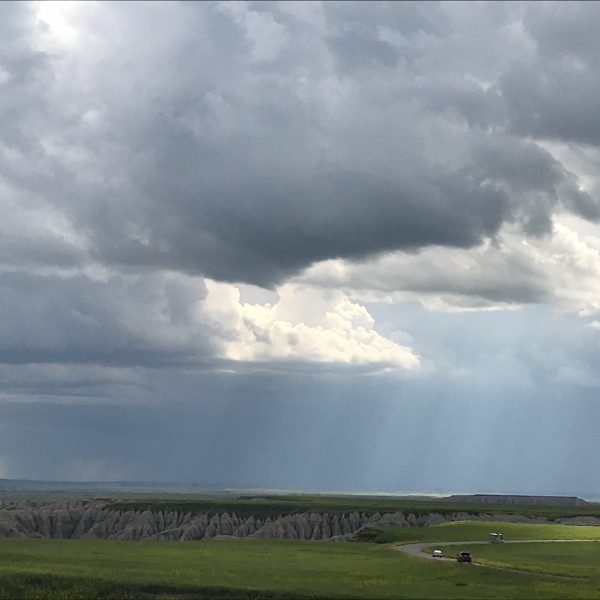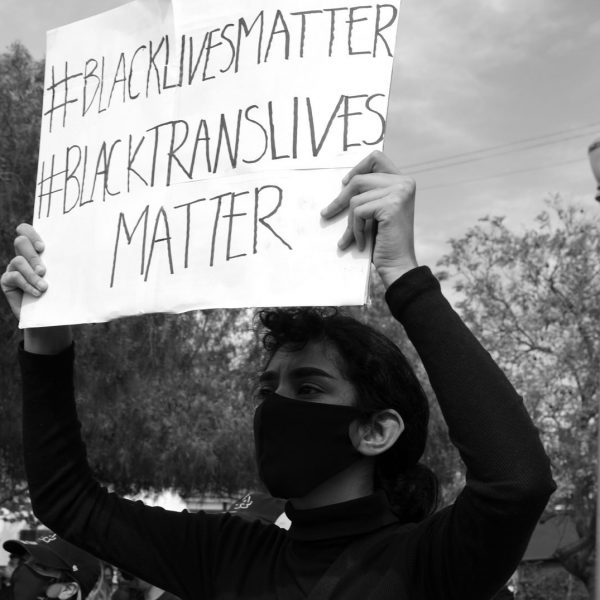
“Seek ye first the political kingdom of God and all these things shall be given unto you.”
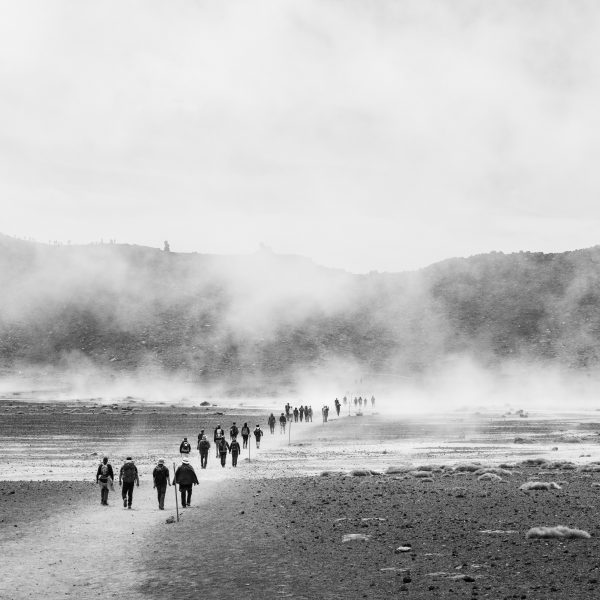
While the pandemic challenges our physical borders, it simultaneously bridges our differences, revealing that we are all migrants.

While even his closest associates would lean towards dismissing the people to fend for themselves, [Jesus] invites the community of the wilderness into a divine economy of care. Sharing, as a physical manifestation of that care, requires a suspension of the belief that scarcity is the only reality available in the moment of want.

When Dalits write, they contest these misrepresentations and objectifications, and provide a sub-version of the texts. When Dalits write, they experience liberation. A decolonial reading of this given text calls us to offer our support and solidarity with #Blacklivesmatter and #Dalitlivesmatter, recognising an agency of liberation in our Dalit and Black bodies, lives, and texts.
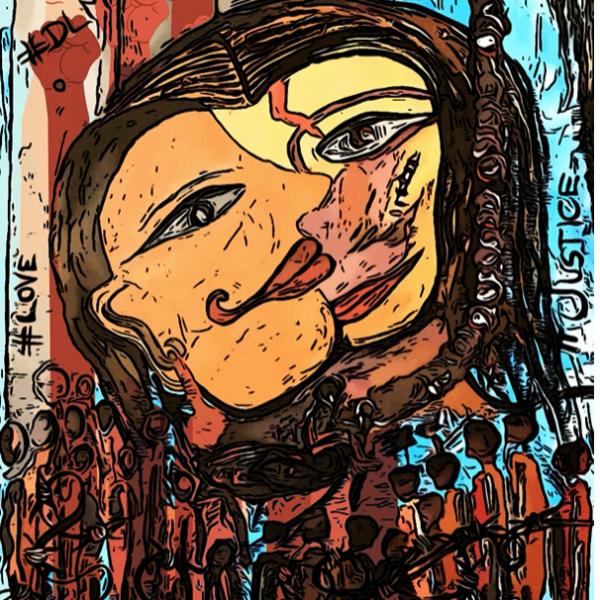
Song of Solomon 2:8-13 invites us to listen to the voices that are subjugated by systems of sexism, racism, xenophobia, bigotry, and the like. When love is forbidden, streets will be crowded, when love is forbidden, widows will be broken, when love is forbidden, resilience is inevitable.

Abraham did pass the test from God in this story, but not in the way it has been interpreted for so long. Rather, Abraham passed the test by hearing and obeying the voice of the true God at the end, telling him to stop.
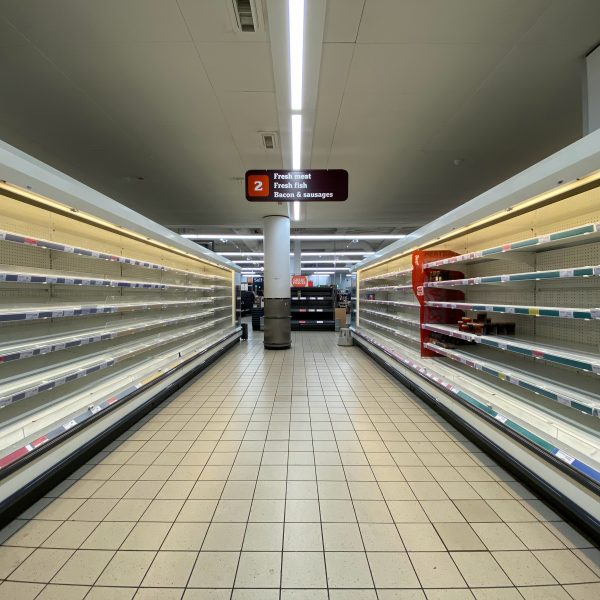
The descendants of Abraham, Isaac, and Jacob cried out for deliverance, and Yahweh heard them (Exodus 2:23). Notice carefully: Yahweh did not offer to comfort the Hebrews. Yahweh did not tell them to endure their situation because things would all work out in the end, or because after death they would be “in a better place.” Instead, Yahweh acted on covenant promises made with their ancestors by entering history.



